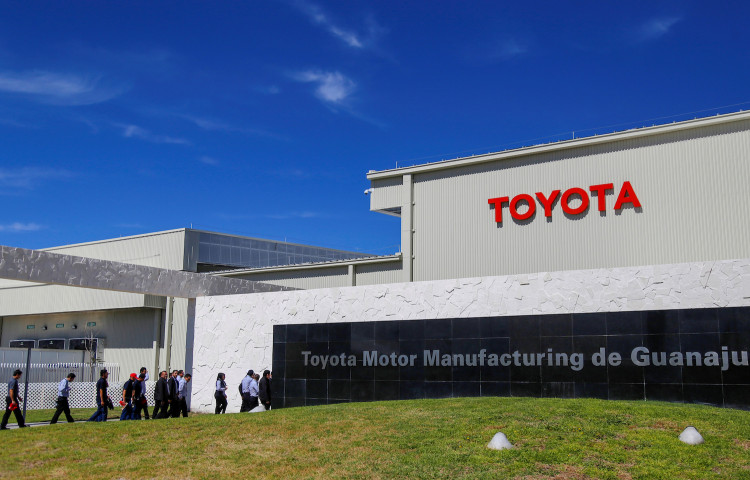Toyota Motor Corp. stated that by 2035, all new car sales in Western Europe will be zero-emission models, as the world's largest automaker adheres to the region's stricter emission standards.
Additionally, the Japanese manufacturer established a new intermediate aim of having at least half of its sales in Western Europe by the end of the decade be zero-emission vehicles.
By 2030, Toyota expects at least 50% of its model lineup to be zero-emission, including electric and hydrogen fuel cell vehicles, the company said in a news release on Thursday.
Carbon emissions will be reduced through speeding electrification and providing consumers with a diverse variety of carbon-efficient powertrain solutions.
While the targets correspond with the European Union's planned green accord measures in July, Toyota hedged its 2035 outlook by stating that it anticipates the bloc would have sufficient infrastructure for battery charging and hydrogen refueling.
The European Union's member states are already arguing over the end date for combustion engines, with France pushing for a longer phase-out period for plug-in hybrids and Italy pressing for an exception for supercars.
Unlike some other automakers, it has not committed to completely abandoning gasoline-powered vehicles, stating that certain locations are not yet ready for the transition to EVs or other alternative propulsion technologies.
Toyota said electrified vehicle sales, like EVs and hybrid cars, would help it grow regional vehicle sales to roughly 1.3 million units by next year, up from 1.07 million this year.
Toyota's commitments are somewhat surprising, Bloomberg said, given that management have long pushed to preserve a role for hybrids such as the Prius in reducing tailpipe emissions until completely electric vehicles become more affordable to a larger segment of the population.
The company's recent performance in Europe vindicates this strategy: since Volkswagen AG's engine-rigging scandal broke in 2015, automobile purchasers have turned against diesel engines in droves.
"Beyond 2030, we anticipate continued acceleration of ZEV demand, and Toyota will be prepared to deliver a CO2 reduction of 100% in all new vehicles in Western Europe by 2035," Matt Harrison, president and chief executive officer of Toyota Motor Europe, said in quotes by Toyota Europe Newsroom.
Other automakers have already articulated objectives comparable to Toyota's. VW's eponymous brand has stated that it intends to discontinue combustion-engined vehicle sales in Europe between 2033 and 2035.
By 2030, Ford Motor's passenger vehicle lineup will be entirely electric. Mercedes-Benz, a subsidiary of Daimler AG, has vowed to be fully electric by the end of the decade, if conditions permit.






